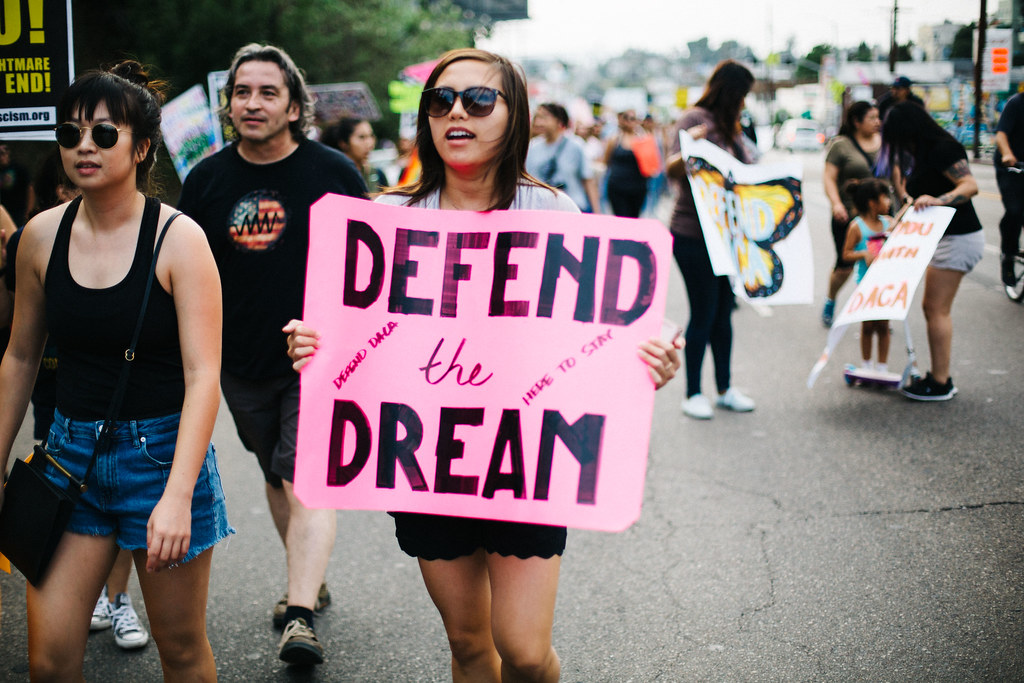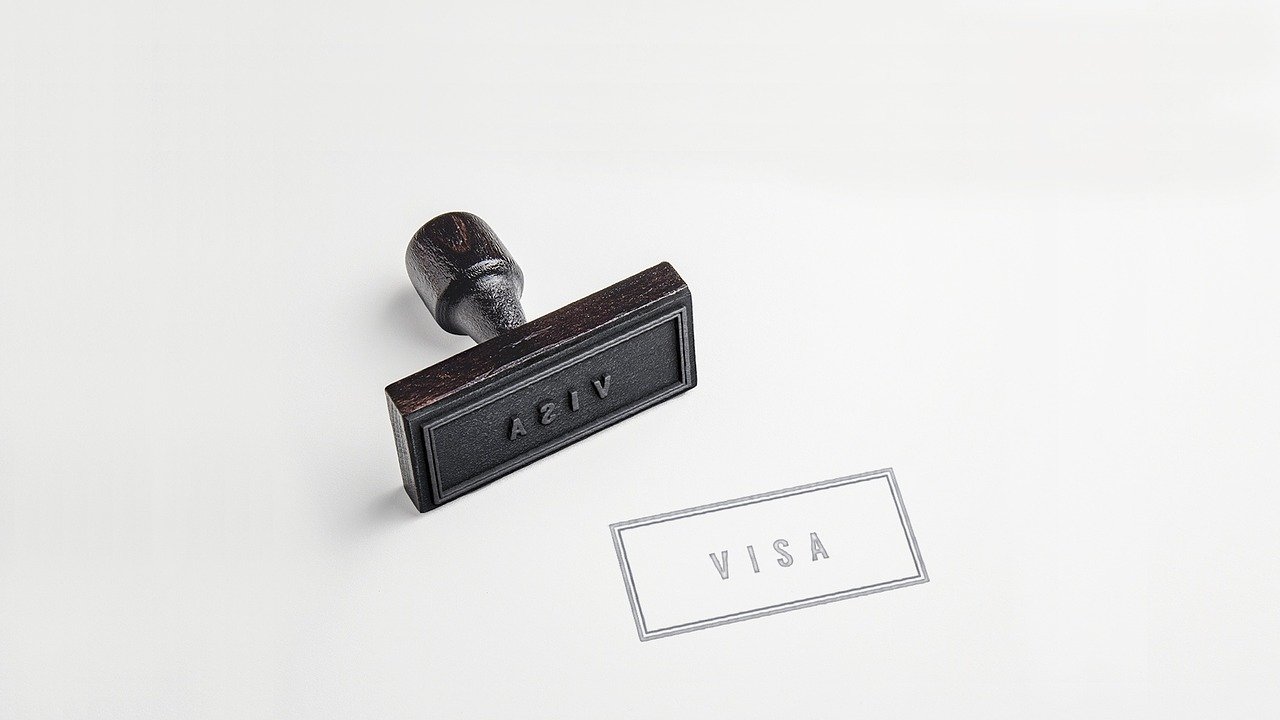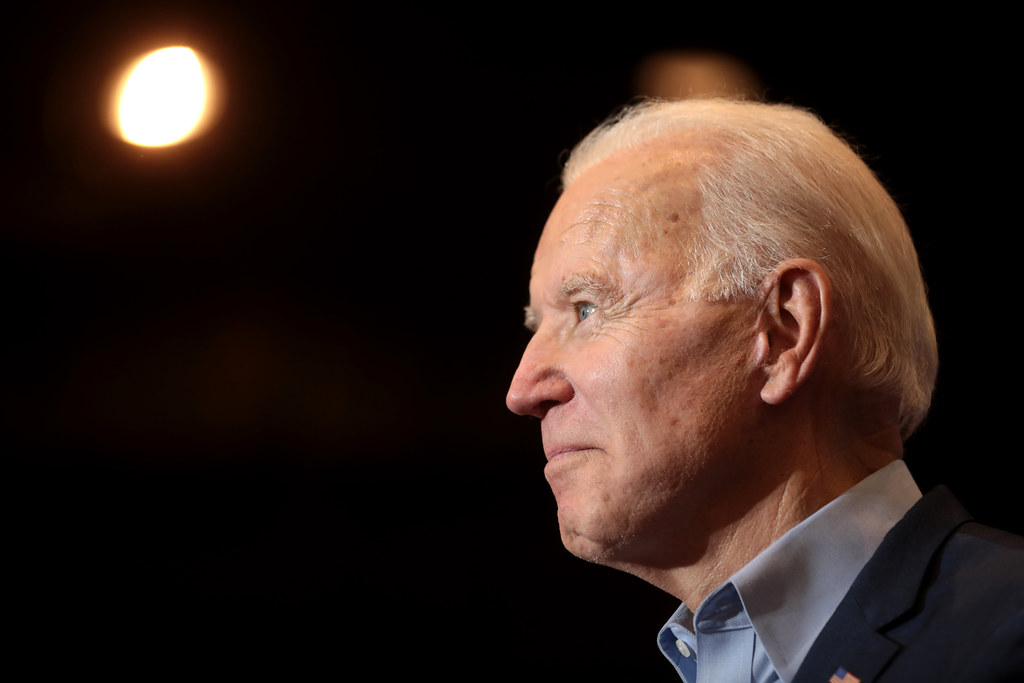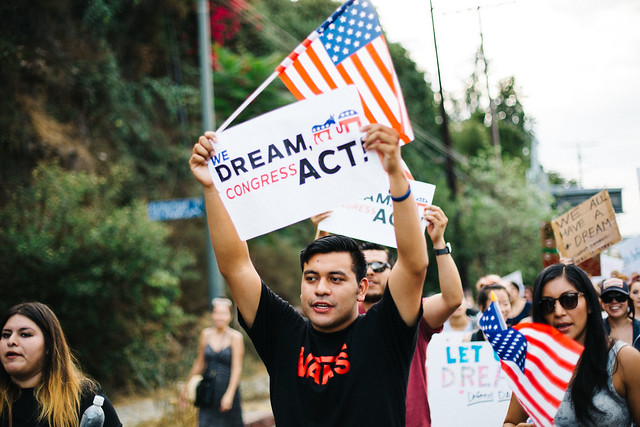The news we have all been waiting for is finally here. The Democratic controlled House of Representatives has taken a colossal step toward making comprehensive immigration reform a reality. On Thursday evening, members of the House voted along party lines to approve two legislative proposals that would create a pathway to citizenship for an estimated eleven million undocumented immigrants living in the United States, including Dreamers and farmworkers. These proposals are known as (1) the American Dream and Promise Act of 2021 and (2) the Farm Workforce Modernization Act of 2021.
What is the American Dream and Promise Act – H.R. 6?
The American Dream and Promise Act, also known as H.R. 6, creates an earned path to citizenship for more than two million Dreamers who were brought to the United States as children, as well as beneficiaries of certain temporary humanitarian programs including recipients of Deferred Enforced Departure (DED) and Temporary Protected Status (TPS). This proposal consists of
Title I: Dream Act of 2021
Title I of the Act would allow certain long-term residents who entered the United States as children to apply for conditional permanent resident status. Those who would obtain conditional permanent resident status would be considered lawfully admitted for permanent residence under the law.
Requirements
The American Dream and Promise Act would grant Dreamers conditional permanent resident status for 10 years, and cancel removal proceedings if they:
 Visa Lawyer Blog
Visa Lawyer Blog











